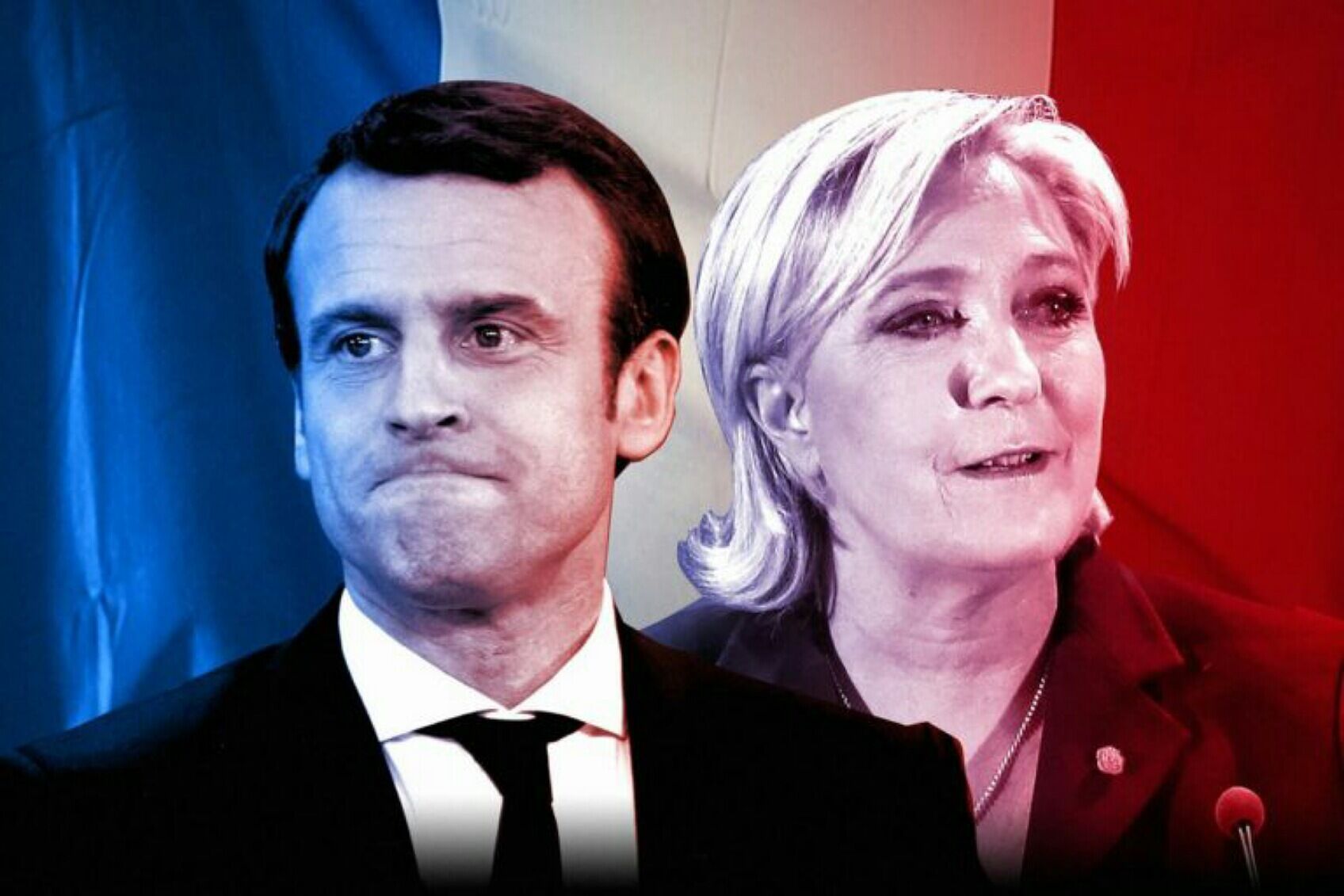Comfortable victory?

As was widely speculated, Emmanuel Macron won consecutive second term as the president of France, though his vote share shrank significantly in comparison to the previous presidential election held in 2017. Interestingly, while the results declare victory for Macron in real terms, his rival Marine Le Pen — the far-right candidate — also sees the rise in her vote share as a 'brilliant victory'. Le Pen's claim is, by all accounts, justified. This was her third consecutive failed bid for the post of president. Le Pen rose from her vote share of 34 per cent in 2017 presidential elections to cross the 40 per cent mark this time around. Labelled as nationalist and Eurosceptic, she represents a larger rightist wave in Europe that saw Donald Trump rise to prominence in the US and the UK break away from the European Union. Le Pen's party, Rassemblement National (RN) — founded by her father Jacques Chirac in 2002 — appears to be at its peak presently. Nothing justifies this more succinctly than Emmanuel Macron's own confession, "Many in this country voted for me not because they support my ideas but to keep out those of the far-right. I want to thank them and know I owe them a debt in the years to come." While Macron's comment may be an attempt to discredit the rise of the right wing in the country, he cannot cover the fact that his vote share declined from 66 per cent in 2017 to 58 per cent this time around. To give a simple breakdown of the political division in France, the spectrum is divided into three parts — Centre, Left and Right. While the Right is led by Le Pen's RN, the Left is majorly led by Jean-Luc Melenchon. Emmanuel Macron's party represents the Centre front. In the first round of the elections held on April 10, Macron got 28 per cent votes, Le Pen got 23 per cent votes and Jean-Luc Melenchon was left marginally behind with 22 per cent vote share. A bunch of other players also scored in single digits. The first round of results led to the qualification of the top two scorers who faced off against each other on April 24 in the second round. The challenge before both the parties was to grab their share from the votes that went in favor of Jean-Luc Melenchon in the first round. Representing the Centrist front, Macron obviously had an advantage over Le Pen — who could only attract a marginal proportion of Left voters. Interestingly, around 40 per cent of those who voted for Melenchon in the first round chose to abstain from voting — indicating a decline of Macron's popularity. From here on, Macron's party will have to focus on a short-term and a long-term strategy. In June this year, Parliamentary elections are to be held in France, which will determine the election of the nation's prime minister. Both the Left and the Right have expressed their resolve to leave their mark in the upcoming elections. To avoid division of power, Macron must ready himself for the June challenge. In the long run, he will have to regain his fading credibility. In his victory speech, claiming himself to be a "president for all", Macron pledged that "no one in France will be left by the wayside" — referring to the large number of abstentions by the Left voters. This pledge will have to be lived in entirety if the Centre is to maintain its stronghold in French politics. It is needless to say that Macron's victory has brought in a sigh of relief for the European leaders as well. European Council President Charles Michel tweeted "Bravo Emmanuel. In this turbulent period, we need a solid Europe and a France totally committed to a more sovereign and more strategic European Union." His victory is seen as a major development towards the stability of the present European structure under the EU. Indian Prime Minister and Ukrainian President Volodymyr Zelensky also congratulated their 'friend' Macron on his victory. Emmanuel Macron may have won the present presidential elections by a comfortable margin but he cannot afford to overlook the challenges that lie ahead of him.



